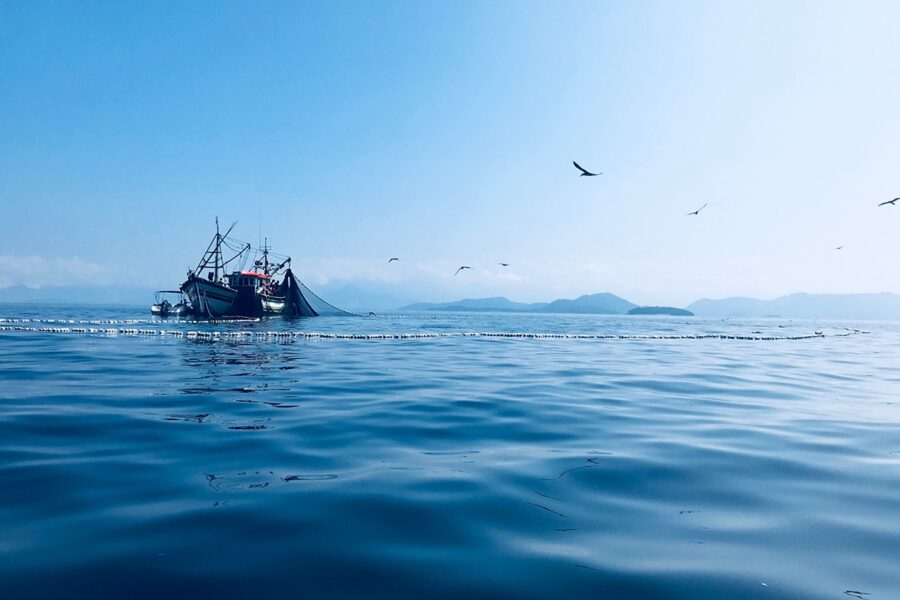Over 120 attendees tuned in to the All-Party Parliamentary Group (APPG) on Fisheries’ first event of 2022, which took place on 22 February and was entitled ‘Fisheries and Protected Areas’.
Participants at the APPG event heard from speakers from across the fisheries and conservation sectors.
“Making sure that management of Marine Protected Areas is collaborative and inclusive is a key priority for fishermen, policy-makers and conservationists alike,” said APPG chair Sheryll Murray MP. “It was great to hear such a range of speakers and attendees engage in constructive discussions.”
“There’s a lot of nuance around how to deliver management for MPAs around the UK,” said Dr Declan Tobin of the Joint Nature Conservation Committee (JNCC) during the event. He presented on the JNCC’s MPA Fisheries Management Toolkit, completed in 2020, which aims to enable a participatory approach to the management of fishing activity in UK offshore MPAs.
“We were trying to get buy-in from all the key stakeholders,” he said. “The idea was to build a sense of stewardship for MPAs, with a shared common goal.”
The next presentation, from Rob Clark, chief officer of the Association of IFCAs, focused on how IFCAs have worked to integrate fisheries policy and MPA management at the regional level.
“The IFCAs undertook assessment of fishing at site level,” he said. “This required both the extensive participation of the fishing industry and others, and engagement with the statutory nature conservation authorities, to identify the location and extent of features within MPAs.”
Morven Robertson of the Blue Marine Foundation (BLUE) presented on how BLUE has engaged fishermen in collaborative management of fisheries within MPAs, and the charity’s upcoming guide to MPA establishment and management.
“Fishermen must be involved in the management and research of protected areas,” she said. “It’s really important to find common areas of interest to tie everyone together.”
Professor Michel Kaiser of Heriot-Watt University spoke on the importance of empowering the fishing industry to take charge of sustainable management.
“What we find is that when we give fishermen rights and ownership, and hence responsibility and involvement in management of fisheries, we see considerable improvements in fishing efficiency, quality of the marine environment, efficiencies in terms of CO2 emission reductions, and greater increases in profitability,” he said.
Fishing vessel operator and fish merchant Bill Brock concluded the presentations, speaking on how to optimise interactions between the fishing industry and protected area designation and management.
“With the creation of a logical and clear link between protection of a finite feature, and benefit to the fishermen, you will have a long-term and easy-to-enforce policy that assists both the marine environment and the fishing industry alike,” he said.
However, Bill Brock said he felt that, to date, MPA designation and fishing industry involvement had been far from perfect.
The presentations were followed by questions and discussion points from the audience on themes ranging from linking fisheries product marketing to MPAs, to scope for the co-management of MPAs.
A summary of the Q&As and the event recording are available here.
This story was taken from the latest issue of Fishing News. For more up-to-date and in-depth reports on the UK and Irish commercial fishing sector, subscribe to Fishing News here or buy the latest single issue for just £3.30 here.








